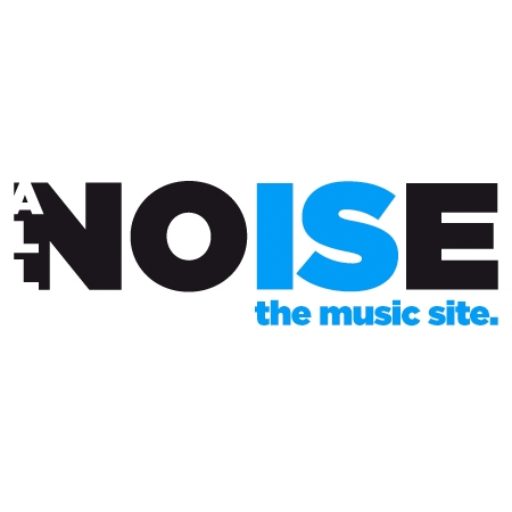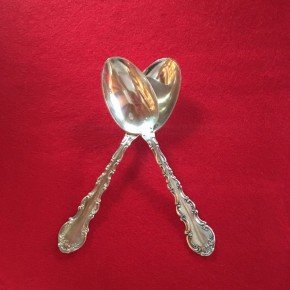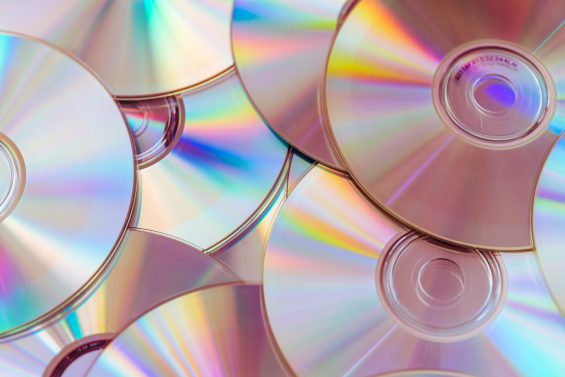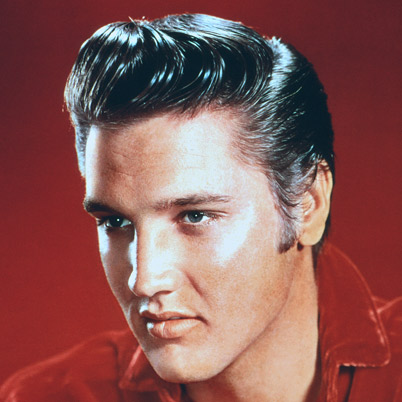Do you remember the feeling of tearing the plastic wrap off of a jewel case and popping it open to reveal a shiny new disc?
If this experience lives on in memory only for you, you are not alone. When the compact disc was first revealed to the public in 1982, its arrival foreshadowed the death of its primary entertainment predecessor, vinyl. Now, proving that history does indeed love to repeat itself, CDs are on the outs with music lovers everywhere, but not before it enjoyed some peak moments.
As a record shattering date in the history of those tiny halos of entertainment, the American pop band NSync sold more than 2 million of them in just one week when they released their second album, No Strings Attached in the spring of 2000. It was a testament to how much money CDs could generate for the music industry in general, if not only a strong demonstration of how many teenage girls were willing to camp outside of a record store.
The moment passed quickly, however, and by the end of the decade, compact discs were quickly losing grounding in the sales sector to digital downloads. Downloadable music only made up a tenth of all music sales in 2007, for example, but increased rapidly to one fifth of all sales by 2009.
The coming of digital domination wasn’t completely unexpected, however. Ask someone old enough to remember the 1990s, for example, and one of the trademark phrases you will hear uttered is “Napster.” The firestorm caused by college student Shawn Fanning’s file sharing programme dealt primarily with the fact that it provided an easy way for computer users to share music files for free. The company ran into legal difficulties that would eventually lead to its restructuring as a paid subscription service. However, coupled with the advent of mp3 players and other popular pay-to-download services like iTunes, the stage had already been set for the decline of CDs.
While many artists have spoken out against the rushing tide of music downloads, there are a few bands who see the wisdom in embracing it. In an interview with BBC News, drummer Dave Rowntree, a member of the alt rock band Blur, concluded, “We don’t want to make enemies of our fans. The sensible thing to do is to try to see how we can monetise all this file-sharing activity.”
In the past several years, more users have also begun to use sound clouds, allowing them to store all of their music files in an online sphere that can be accessed from any computer, music player, or smart phone. Now with so many music fans switching from discs to digital downloads and intangible players, the question remains, where will all the CDs go?
One answer is in selling discs back to companies that know how to recycle or upcycle them. The solution is a straight-forward and practical answer to the decline of an entertainment medium struggling to find a new home.
Discover more from All-Noise
Subscribe to get the latest posts sent to your email.




![New Single: “Make Me Like You” Gwen Stefani – [Full Audio]](https://all-noise.co.uk/wp-content/uploads/2016/02/gwen-stefani-make-me-like-you-290x290.jpg)



![Listen to “You Owe Me” by The Chainsmokers [SNIPPET] the chainsmokers](https://all-noise.co.uk/wp-content/uploads/2017/04/the-chainsmokers-290x290.jpg)





